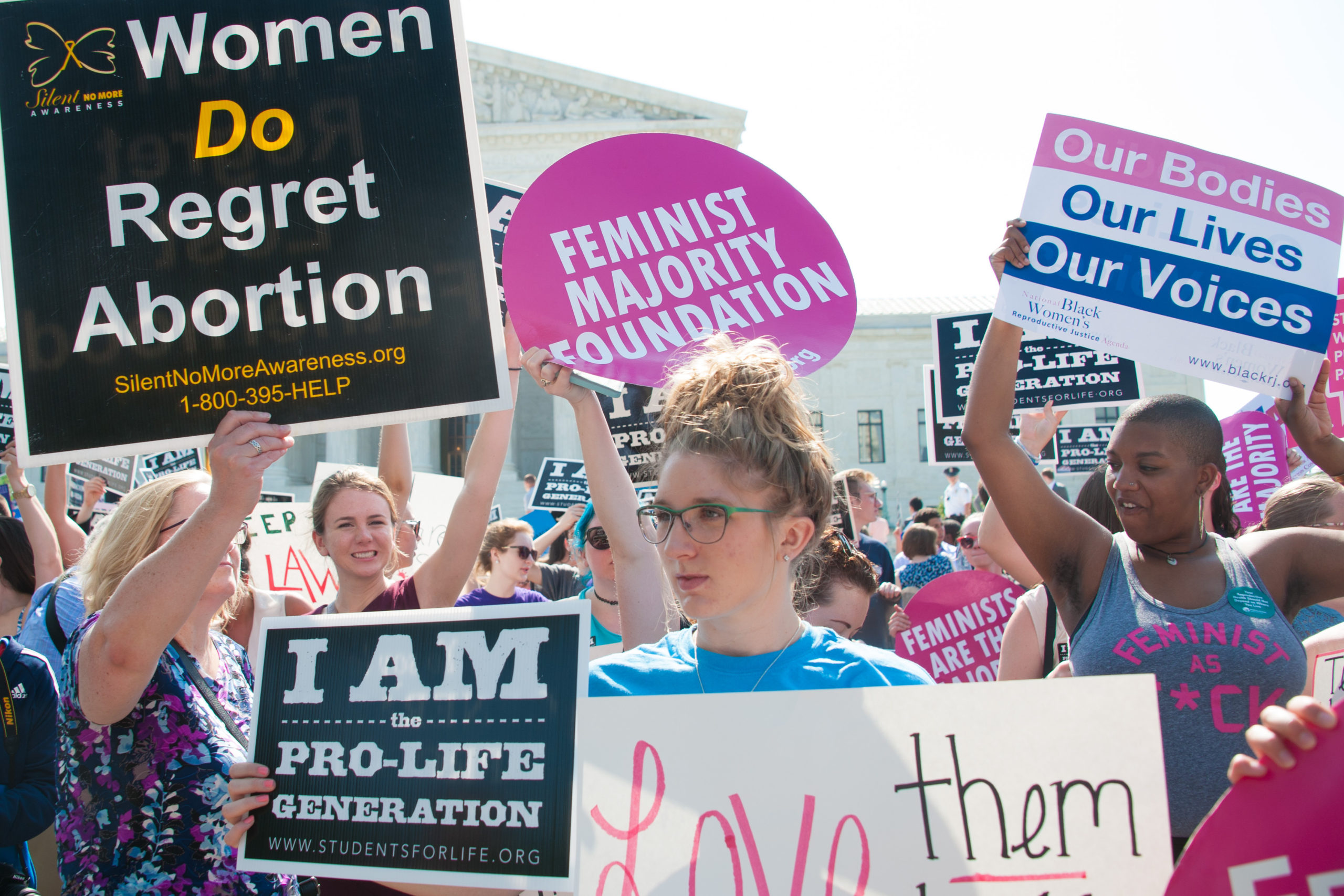The Supreme Court hears arguments today in a controversial Mississippi abortion law that bans the procedure after 15 weeks.
Legislators in Mississippi originally passed the law in 2018, but it was struck down in the lower courts for violating the precedent established in the landmark ruling Roe v. Wade, which guaranteed a woman’s right to choose. Should the Supreme Court side with the state, the decision could set a precedent that would effectively overturn Roe v. Wade.
The Washington Post reports that the state of Mississippi had originally informed the Supreme Court that its abortion bill would be implemented within the legal bounds established by Roe v. Wade, although changed its stance after the Trump administration nominated three judges to the court, giving conservatives a 6-3 majority.
The Post further reports that the state informed the Court “Nothing in constitutional text, structure, history, or tradition supports a right to abortion,” insisting that states have a right to limit the procedure if it is in the government’s interest.
While pro-life advocates and abortion proponents would welcome a decision that allows states to deny access to abortion, medical providers and abortion proponents are concerned that the same decision would negatively impact women and persons who become pregnant and reverse decades of progress.
“This case could erase nearly 50 years of precedent and leave more than 36 million people without access to abortion,” said Planned Parenthood president Alexis McGill Johnson in a statement posted on Twitter. “We cannot be complacent.”
Other states have already enacted similar laws that ban abortion after a set number of weeks. State Bill 8 passed in Texas earlier this year, limiting abortion access after just six weeks. The bill is currently being challenged, but went into effect after the Supreme Court declined to hear arguments that would have stopped its enforcement while the case makes its way through the federal court system.


What Do You Think?